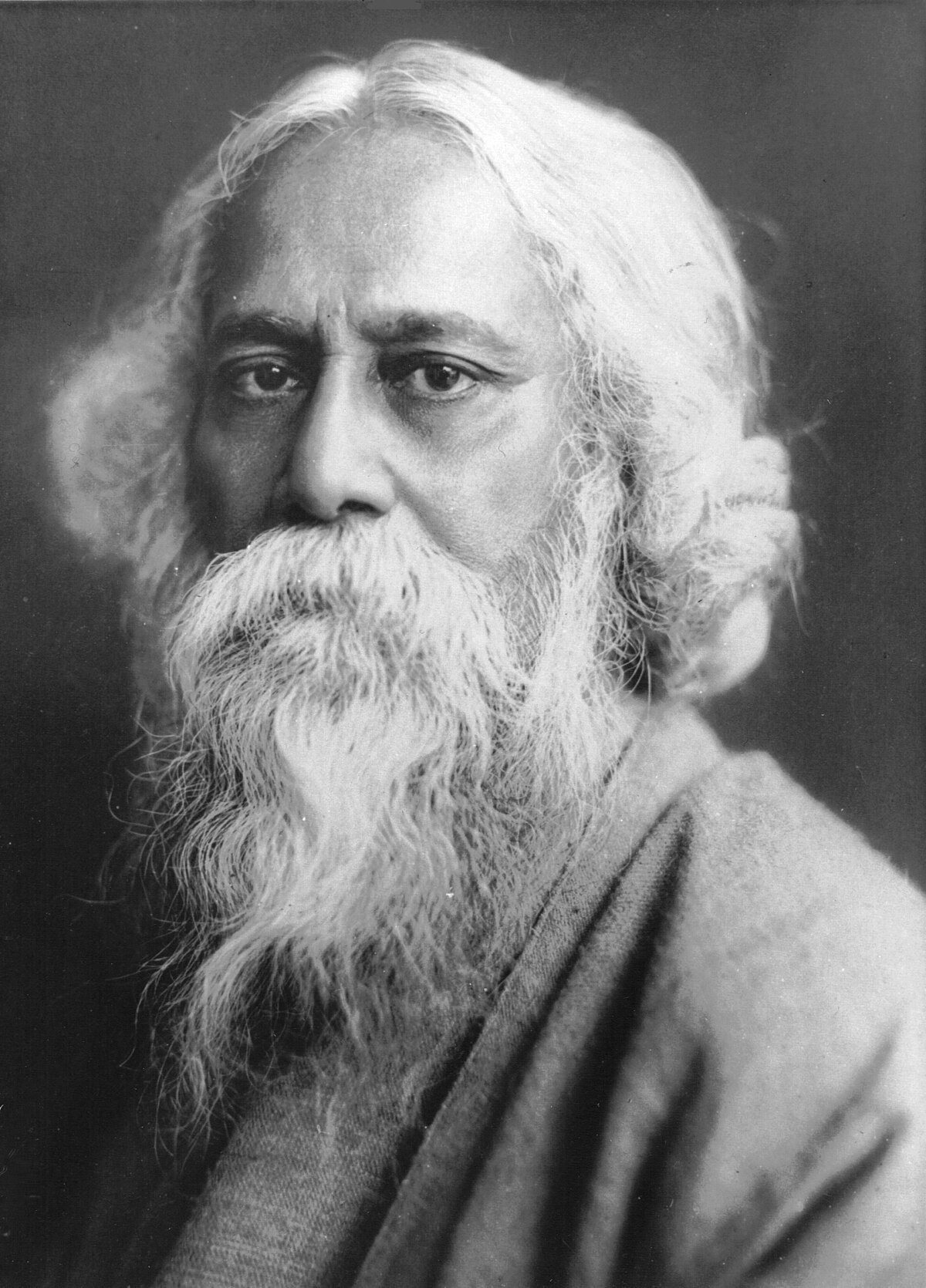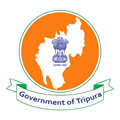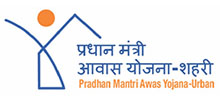Tagore and Tripura

Rabindranath and Tripura
Nobel-laureate Rabindra Nath Tagore's close relation with the princely state of Tripura and its four successive rulers forms an important chapter in the state's history. This was of course a natural corollary to the liberal patronage extended to Bengali language and culture by the Manikya dynasty rulers of Tripura since the days of King Ratna Manikya (1464-68). It was in the course of a political crisis that Tripura's ruling monarch Krishna Kishore Manikya (1830-1849) had got in touch with Prince Dwaraka Nath Tagore, grandfather of Rabindra Nath. In his maiden letter to King Bir Chandra Manikya (1862-1896) dated May 6, 1886 Rabindra Nath Tagore had referred to this familial relation while seeking ingredients of Tripura's history on which he later based his celebrated novel 'Rajarshi' and dramas 'Visarjan' and 'Mukut'.
Moreover, when the King was in a state of shock following the untimely death of his queen Bhanumati Debi in the year 1881, he studied young Rabindra Nath's celebrated love-poem 'Bhagna Hriday'. Bir Chandra found a resonance of his anguish in Tagore's elegiac lyric and sent his political secretary Radha Raman Ghosh to Jorasanko near Calcutta to congratulate the poet on his behalf. He offered to purchase and install a full-fledged press to print and publish Rabindra Nath's works. Those years were the beginning of long lasting relationship between Rabindranatha and the royal family of Tripura.
Birchandra's son and successor King Radhakishore Manikya (1897-1909) also maintained a close relation with Tagore and it was during his reign that the poet visited Tripura for the first time in the year 1900. Apart from this, a number of Bengali men of letters received financial assistance from King Radhakishore Manikya. Similarly, King Birendra Kishore Manikya also maintained a close but respectful relation with Rabindra Nath. After Rabindra Nath had won Nobel prize King Birendra Kishore organized a function to celebrate the occasion and the poet visited Tripura again in the year 1919. Rabindra Nath visited Agartala for the seventh and last time in the year 1926 when he was introduced to King Bir Bikram Kishore Manikya(1923-1947). A cultured man of refined tastes, King Bir Bikram was a devoted fan of the poet and organized a special programme in May, 1941 to celebrate the poet's eightieth birth day. When the poet died within a few months, a day's official mourning was observed in Tripura at the behest of King Bir Bikram Kishore Manikya. The poet had penned at least five renowned and soft-hearted songs during his visits to Tripura and all the Kings of Manikya dynasty from Bir Chandra to Bir Bikram Kishore Manikya extended generous financial assistance to Rabindra Nath and his dream project 'Viswa Bharati' at Bolpur in West Bengal. This assistance soon took the form of annual grants and formed part of princely Tripura's annual budgets till the last days of the state's last king Bir Bikram Kishore Manikya (1923-1947). Renowned artist Dhirendra Krishna Debbarman and Manipuri dance expert Buddhimanta Singh were deputed to 'Viswa Bharati' and it was Tripura's contribution that enabled the 'Viswa Bharati' authority to introduce Manipuri dance in its cultural curricula. Only a month ahead of the octogenarian Tagore's death king Bir Bikram Kishore Manikya himself, accompanied by other royal personages, visited 'Viswa Bharati' and conferred the title of 'Bharat Bhaskar' on Rabindranath. On the auspicious occasion of the poet's 150th birth anniversary the people of Tripura are reminded of the poet's immortal lines on the state: "when the woodlands of Tripura have sent out invitations to their floral feast through their courier of the south wind, I have come as a friend".
- Back to previous page
- |
-
Page last updated date : 18-12-2023 03:34 PM
























